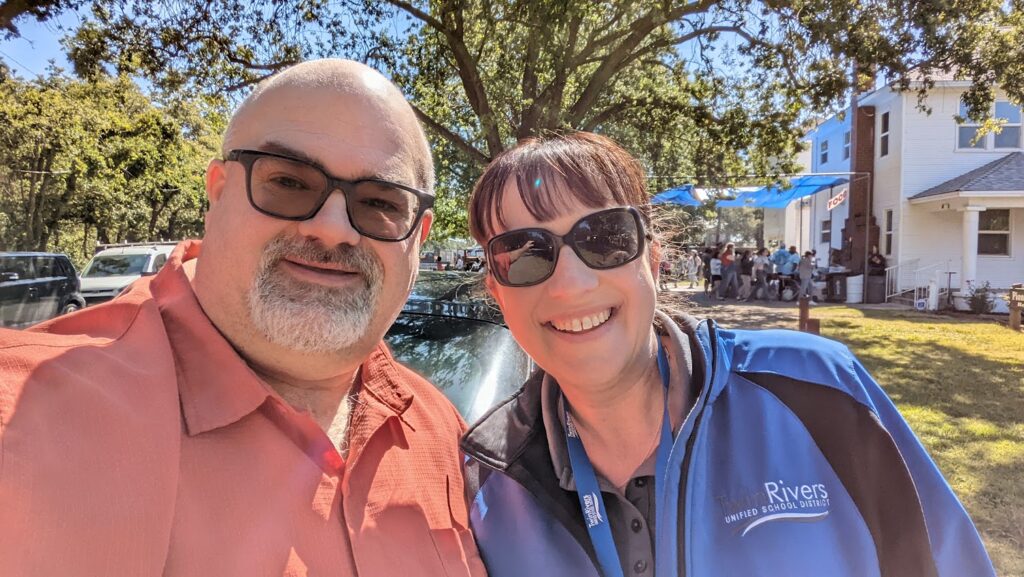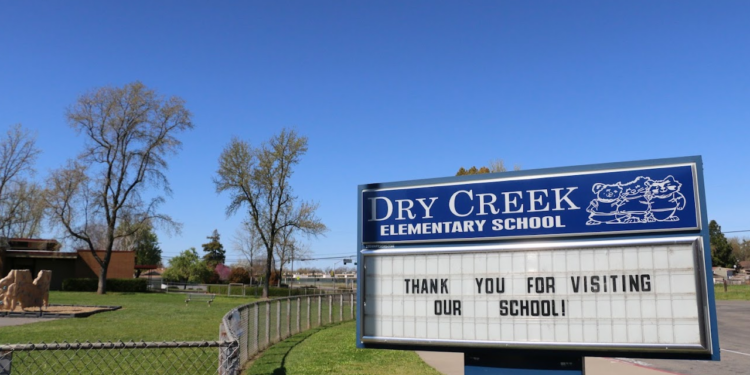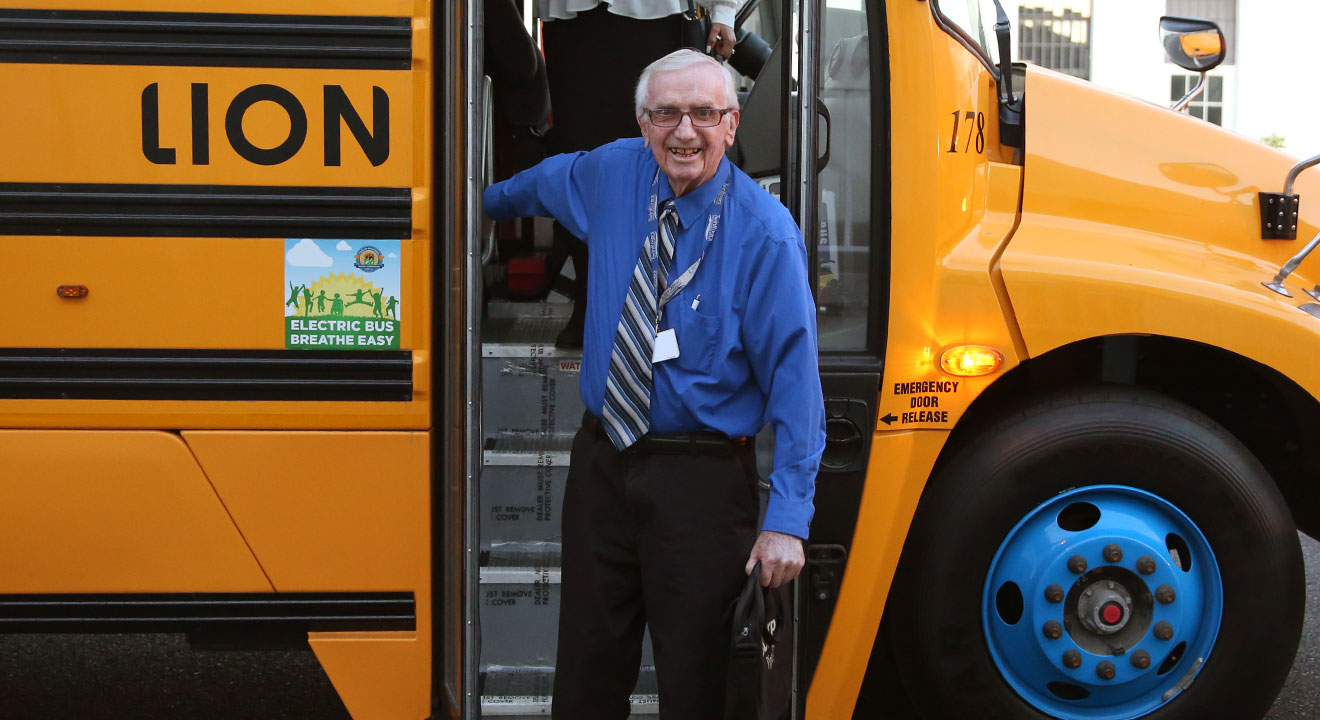Also, some essential tips for a smooth back-to-school transition!
As summer draws to a close for many students in the Sacramento region, the first day of school is approaching for most districts in the area, including Rio Linda. Here’s a rundown of when classes begin for several local school districts:
- Center Joint Unified School District — Aug. 7
- Natomas Unified School District — Aug. 8
- Twin Rivers Unified School District — Aug. 20
- Elverta Joint Elementary School District — Aug. 8
- Robla School District — Aug. 14

- The Ribbon-Cutting Ceremony for the Beautification Project at Rio Linda High School will be held on Tuesday, August 13th, at 9 a.m.
- The Twin Rivers Unified School District Police Department and the Rio Linda/Elverta Neighborhood Association are hosting National Night Out this Tuesday, August 6th, from 5 p.m. to 8 p.m. at the Rio Linda High School aquatic center.
- There is a new football coach at Rio Linda- Offensive Coordinator Ralph Quijada has stepped in as Interim Head Coach. He’s going to need a lot of help- Let’s do what Rio Linda does and help our Knights be successful!
With kids in Rio Linda and surrounding areas heading back to school, there are several ways you can help them stay healthy and happy.
Every school day counts. Too many absences can significantly impact your child’s education and health. School is where children learn, socialize with friends, eat healthy meals, get exercise, and find support to help them grow and thrive.
Follow these health tips to help your child start this school year strong:
1. Prioritize the Basics: Sleep, Exercise & Nutrition
Start with the essentials. Ensure your child eats nutritious meals, stays hydrated, and gets plenty of physical activity and sleep. Children who eat a nutritious breakfast perform better at school. Many students in Rio Linda qualify for free or reduced-price meals at school, including breakfast. Contact your child’s school to access the application for meal benefits.
Adequate sleep is crucial for health and academic success. Lack of sleep can affect memory, concentration, creativity, and learning, and is linked with lower academic performance and school attendance.
2. Stay Up-to-Date on Checkups & Immunizations
If your child hasn’t had a well-child checkup in the past year, schedule a back-to-school physical. They may also need a sports exam if they plan to participate in school sports. Your pediatrician can review your child’s treatment plan and update school medical forms.
Immunizations are vital to keep your child healthy and in school, including the annual flu vaccine. Declining vaccination rates have led to outbreaks of measles and polio in the U.S. Staying current with vaccines helps prevent severe illness and hospitalization.
If your child recently lost health insurance coverage through Medicaid or CHIP, seek assistance for health coverage. Insured children are more likely to receive the care they need to stay healthy and attend school regularly.

3. Tune In to Your Child’s Mental Health
Many children and teens have faced mental health challenges in recent years. Encourage open communication about their feelings. Reassure them that they can discuss any topic without judgment. Be attentive to behavioral changes or signs of anxiety and depression. Homes with unlocked or loaded firearms pose a higher suicide risk for children and teens, so ensure any firearms are securely stored.
Prioritize family routines, meals, and self-care breaks, such as walks together, to foster communication. Schools may offer mental health support; consult your pediatrician if you’re unsure how to help your child.
4. Talk About Racism, Bullying & Kindness
Some children miss school due to racism, hate, or bullying. Encourage your child to seek help from a trusted adult if they experience or witness such acts. Emphasize respect for others and the power of kindness, which can reduce stress and provide health benefits for everyone.
5. Plan for Mindful Media Use
As routines change, create or update your family media plan to balance screen time with sleep, exercise, and other activities. Help your child choose quality programs or games and recognize false information sources online. Discuss their social media use and ensure it aligns with healthy habits.
Remember
Contact your pediatrician with any questions about keeping your child healthy and in school. If your child is unwell and you’re unsure if they should stay home, reach out to the school nurse for guidance. Ensuring your child’s health and attendance will help them have a successful school year.















